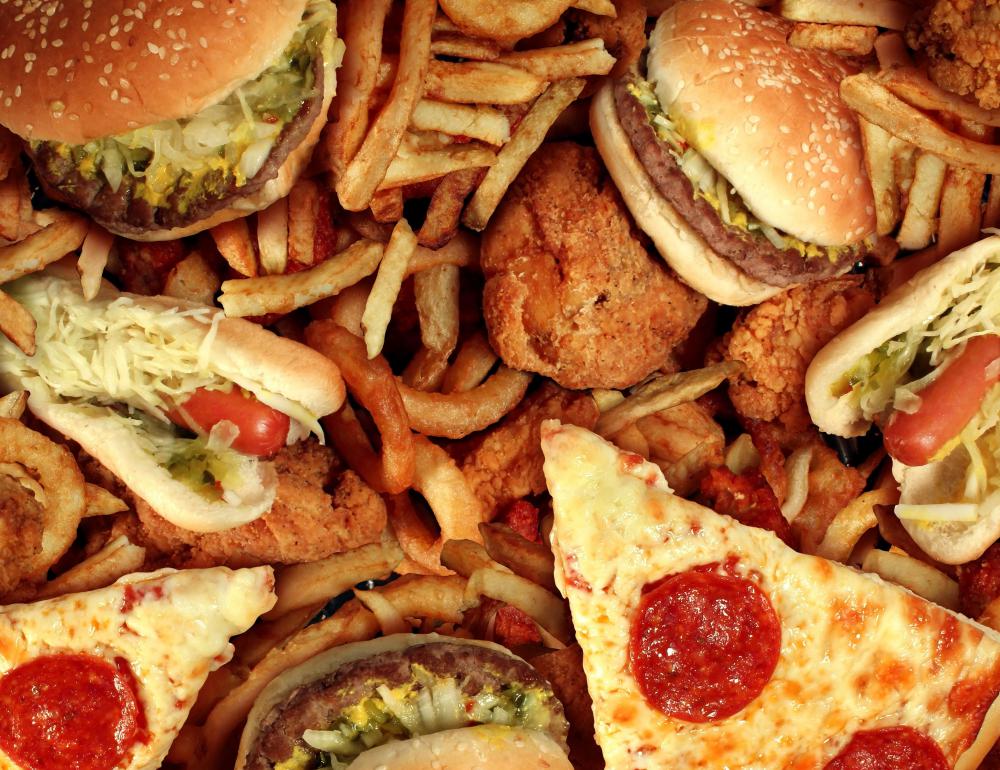At WiseGEEK, we're committed to delivering accurate, trustworthy information. Our expert-authored content is rigorously fact-checked and sourced from credible authorities. Discover how we uphold the highest standards in providing you with reliable knowledge.
What is a Calorie?
Many people talk about calories every day. There is discussion on how to keep an accurate calorie count, how to avoid consuming empty calories, and how setting a definite limit on calorie intake for each day will impact weight gain and diet patterns. But how many of us really know what a calorie is?
In simple terms, the calorie is actually a unit of measurement that has to do with energy generated. Outside the arena of measuring food energy, the calorie would be more properly referred to as a joule. Even when talking about energy derived from the consumption of various foods, a more exact term would be kilocalorie, as the common application today has to do with calculating the energy needed to increase the temperature of one kilogram of water by one degree.

When it comes to using the calorie as a means of identifying the ratio of energy to nutrition, it is important to note that the charts that are commonly used to relate a fixed amount of a food with a calorie content are simply agreed upon approximations. This is not to say that the charts are not helpful and that they do not hit close to the mark. However, the charts do reflect calorie contents that were arrived at by a process that was never intended to be one hundred percent accurate. Thus, while the calorie chart will be of some value to a person who wishes to lose some weight, other indicators should be used along with the calorie charts to control the intake of various foods.

The concept of altering the daily diet with the aid of a calorie count can help in several ways. For example, foods that are identified as having a high calorie count with relatively low nutrition can easily be eliminated from the diet plan. Focusing on foods that are understood to contain relatively low calories but have higher amounts of essential vitamins and nutrients will help to lead to the development of healthier eating habits, which in turn will lead to weight loss and an improved chance of living longer.

For many years, people tended to focus on the calorie as the only factor to consider when it came to planning out a diet plan. This approach has the approach of leading to some debilitating conditions, such as malnutrition. But the responsible monitoring of calorie intake in conjunction with ensuring the consumption of foods that contain essential elements can work hand in hand with regular exercise to create a lifestyle that will be ideal for both the mind and the body.
AS FEATURED ON:
AS FEATURED ON:














Discussion Comments
In the US, food energy is described by kilocalories (kcal). In Europe and many other countries in the world, energy in foods is expressed in kilojoules (kj). One kcal equals 4.184 kj. A kilocalorie is the amount of energy required to increase the temperature of 1 kilogram of water one degree Celsius from 15° to 16° at one atmosphere. A kilocalorie (also referred to as a Calorie with a capital C) is equal to 1000 calories. When we talk about Calories we are usually referring to the capital C kind -- the kilocalorie.
Post your comments